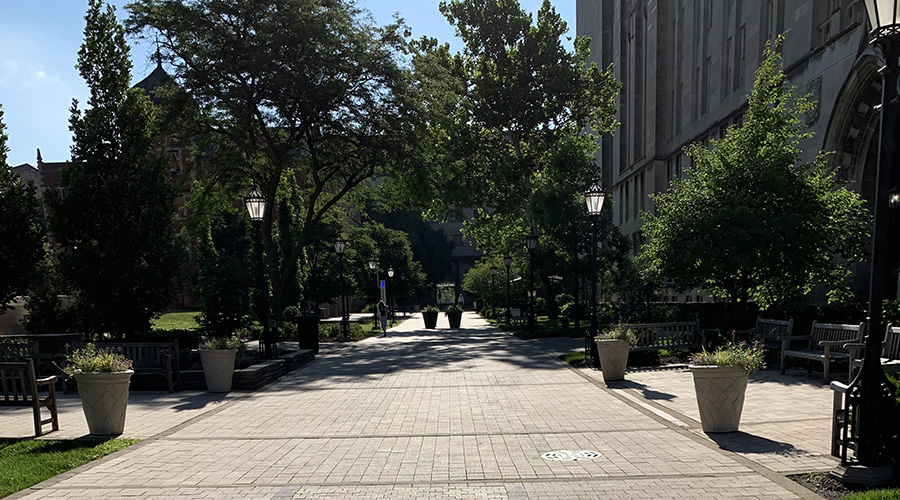Aon Seeks Insurance for Freedom Tower
Aon Corp., the world's second-biggest insurance broker, has been hired to find coverage for developer Larry Silverstein's construction of skyscraper the Freedom Tower at the World Trade Center
Aon Corp., the world's second-biggest insurance broker, has been hired to find coverage for developer Larry Silverstein's construction of skyscraper the Freedom Tower at the World Trade Center.
Aon will arrange construction, liability and workers compensation insurance for the 1,776-foot tower, the company and Silverstein wrote in a statement yesterday.
Silverstein, who fought a three-year legal battle with 24 insurers who covered the Twin Towers that were destroyed by terrorism on Sept. 11, 2001, is returning to the insurance market to cover the first of five high-rises he plans for Ground Zero.
Silverstein's legal battles with his previous insurers brought mixed results. One jury rejected his claim for double recovery. Barring reversals on appeal, he is expected to recover a total of $4.7 billion.
Silverstein and Aon don't yet know how much insurance will be necessary to cover the project in the construction phase, said Dara McQuillan, Silverstein's spokesman, in an e-mailed response to questions.
Silverstein Properties Inc. broke ground on the Freedom Tower in July. Willis Group Holdings Ltd. was Silverstein's insurance broker for the original towers.
Twenty-four companies insured Silverstein's 99-year lease of the trade center from the Port Authority, its builder and owner, just six weeks before its destruction. The pool of insurers who cover the Freedom Tower is likely to be larger because carriers are likely to want to buy smaller shares of the risk.
Further complicating Aon's task is the possible Dec. 31 expiration of the Terrorist Risk Insurance Act, under which the U.S. government covers some excess losses in the event of a terrorist attack.
Last week, U.S. Treasury Secretary John Snow said his department is "predisposed" to have private markets insure for terrorist attacks, hinting that the department may not recommend extending the act, which was created after the Sept. 11 attacks.
Related Topics:











